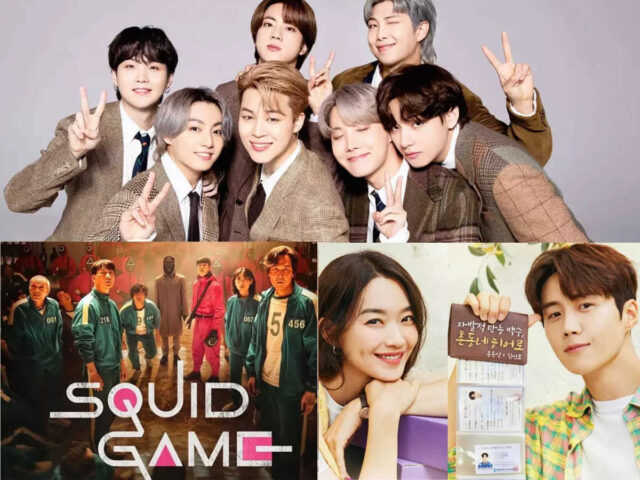People searching for information about Korean dramas and acting in 2017 asked inquiries like “Why is the acting in Korean television dramas so bad?” “The trouble with Korean dramas is that they are too heavy on exposition,” one Quora explainer, who claimed to be Korean, said at the time. Furthermore, Koreans appear to be unaware of the importance of nuance. Instead of slowly disclosing essential narrative details through effective storytelling, they’ll hit you over the head with it if they want to get their point through.” – What a difference a generation makes.
While there is still awful acting in Korean films and dramas, it is no longer as bad as it is in other countries. Korea today boasts some of the greatest – if not the best – actors in Asia (Note: the term ‘actors’ in this article refers to people of both genders). In contrast to Taiwanese dramas, Korean dramas have learnt to tone down the highly melodramatic manner that was formerly the standard. K-content has annihilated other Asian rivals in the film and TV series markets in recent years.
If you haven’t seen a Korean TV drama on Netflix or another streaming service, or seen a highly rated Korean film like the 2020 Oscar winner Parasite, we strongly advise you to do so. Korean entertainment is wonderful, and now that there is a Korean drama app with material subtitled in as many as 150 languages, you can appreciate the acting powerhouse that Korea has become no matter what language you speak.
The rise in popularity of K-drama and film is a phenomenon that has some people asking how and why it became so famous so quickly – similar to the continuing K-pop craze. Apart from a few English words found in non-English language songs all around the world, such as “baby, baby,” “I love you,” or “yes, yeah, yeah,” almost no one in the world knows a word a K-pop band like BTS or Black Pink is singing about, and it doesn’t seem to matter. K-pop groups were selling out arenas in cities as far apart as Mexico City and Stockholm prior to the outbreak.







